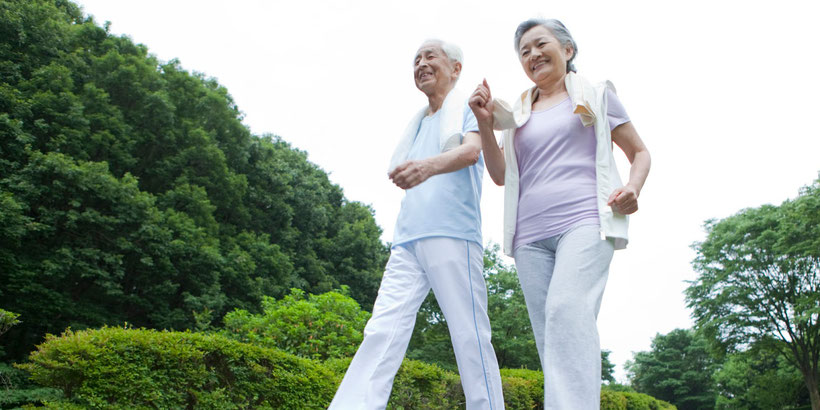Balance, Mobility & the Fear of Falling Online Workshop

6 Week Online Alexander Technique Workshop
1 in 3 people over 65 will fall each year, rising to 1 in 2 over 80. A significant proportion will receive medical treatment.
A life-time of ingrained tension habits reduces balance, mobility and coordination in the elderly often resulting in painful falls. And nothing increases the chance of falling more than the fear of falling. It's a very real emotional response that increases rigidity in the postural muscles in an attempt to find stability.
The irony is that you gain your stability through the inherent instability of the skeleton; it needs to be able to adjust and readjust at all times in order to stay upright. Otherwise it's like trying to stand a pencil on its end. A willow gains it's strength through its ability to bend in the wind. It's the same for you in gravity, you need to remain free to move, even in standing, which is itself, a movement activity and not a position. Any interference with this increases the chance of falling.
The Alexander Technique has shown that Functional Reach (balance) can be improved and restored in the elderly and is suggested by NHS Choices.
Through the 6 week course you will gain:
- Greater mobility
- Improved balance and coordination
- Reduced fear of falling
- Reduced chronic musculoskeletal pain
- Freedom from hidden tension
- Freedom from the idea of "correct" posture and achieve poise.
The course will run from Friday 19th April, to 24th May.
Each session is one hour in length starting at 11am, and a recording will be made available for one week after the session.
Topics covered:
- Finding maximum support from the ground through your bones
- How your thinking effects your mobility and movement
- How your posture is a movement, not a position
- How gravity aids your posture
- How to use Constructive Rest as an ongoing practice for greater balance and coordination.
All you'll need for the course is a firm flat bottomed chair, such as a stool or dining room chair. A piano stool is ideal should you be fortunate enough to have one. If your mobility is limited a taller chair is advisable.
Cost of the course would be £360 if taken on an individual basis, this is a great opportunity to take the course as a group workshop for just £75.
Please feel free to contact me for further information. The Zoom invite will be emailed two days before the event.
Adrian Farrell MSTAT

Research into the Alexander Technique
A study by Lesley Glover and Jane Clappison at the University of Hull, and published in The European Journal of Integrative Medicine, has shown that the Alexander Technique helps with the fear of falling in older people and increases their mobility.
Research conducted by Glenna Batson and Sarah Barker at the University of South Carolina showed a remarkable improvement in Functional Reach (a clinical measure of balance) after just a two week trial period of the Alexander Technique in community dwelling elderly ages 60-89.

A more detailed study was performed by Ronald Dennis and published in Journal of Gerontology: MEDICAL SCIENCES which found that Alexander Technique instruction is effective in improving balance and thereby reducing the incidence of falls in normal older women.
A study carried out at San Francisco State University titled "Effects of Alexander Technique training experience on gait behavior in older adults" revealed that older individuals practicing the Alexander Technique demonstrated gait patterns resembling those of young adults. This indicated a potential mitigation of age-related changes through Alexander Technique practice.
The research highlighted that, when compared to their peers, Alexander Technique practitioners exhibited:
- greater ankle flexibility
- more efficient knee and hip movement
- more stable head and trunk movement
- better overall balance and coordination
- more upright / and stable trunk posture
The Alexander Technique has shown that balance can be improved and restored in the elderly and is suggested by NHS Choices. It's a very gentle process and a great way to restore overall coordination and confidence.
